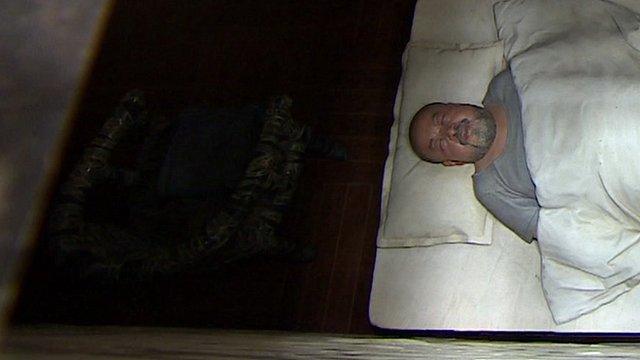Chinese artist Ai Weiwei poses as drowned Syrian refugee
- Published
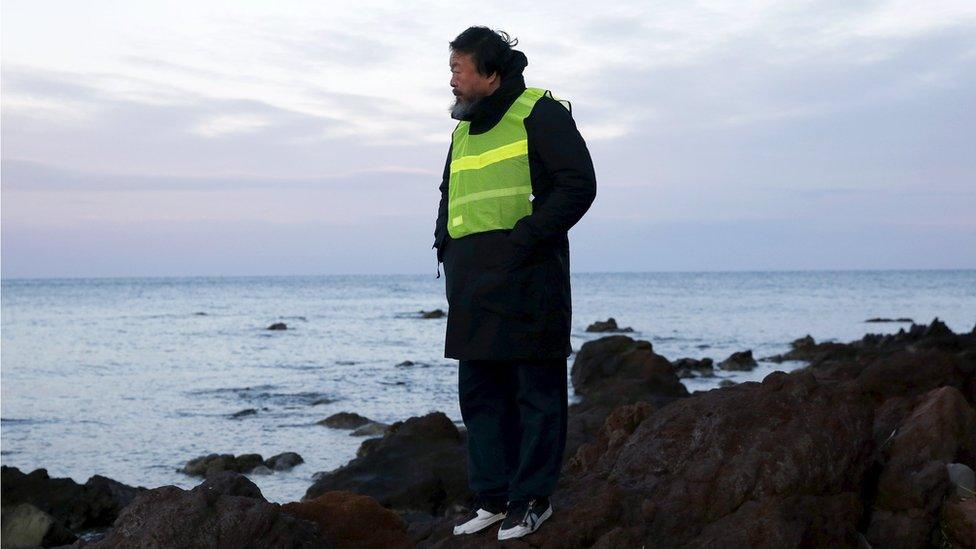
The artist Ai Weiwei has set up a studio on the island of Lesbos, where thousands of migrants and refugees have arrived
Chinese artist and activist Ai Weiwei has recreated the image of drowned Syrian toddler Alan Kurdi that provoked fierce debate last year about the plight of refugees.
Kurdi's body washed up in Turkey after the boat carrying his family capsized.
The photograph of Ai Wewei recreating the boy's lifeless pose was taken on the Greek island of Lesbos, where the artist has set up a studio.
It is for an exhibition at the India Art Fair, the Washington Post reports.
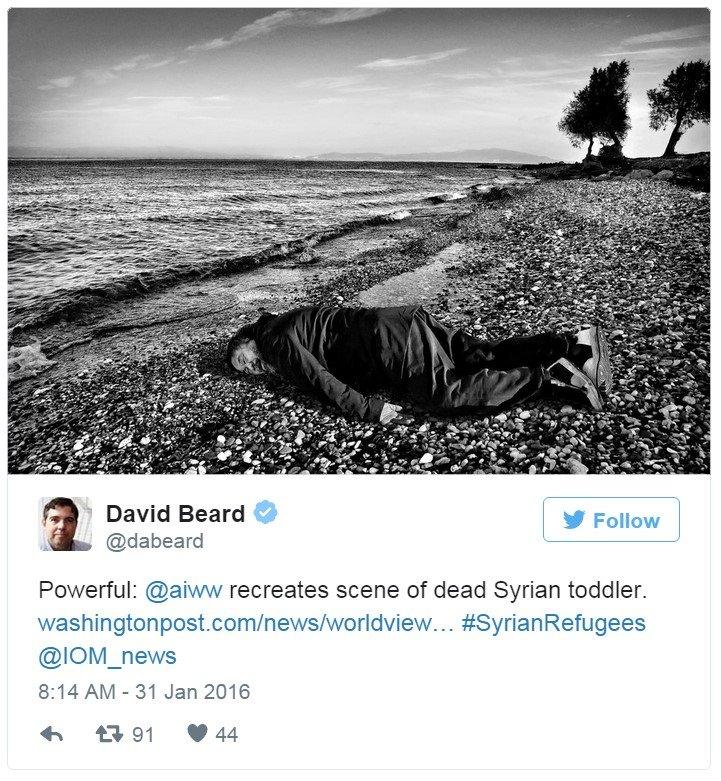
The black and white image, taken by Rohit Chawla, shows the artist lying on pebbles on the beach, with his palms upturned in the same manner as Kurdi.
Ai and his team "actively helped in staging this photograph for us," Mr Chawla, told the Post. "I am sure it wasn't very comfortable to lie down on the pebbles like that. But the soft evening light fell on his face when he lay down," he said.
As well as being exhibited at the India Art Fair, the image will appear alongside an interview with the artist in India Today.
The image has divided opinion on Twitter, with many praising it as as "powerful" but some suggesting it was a "weird" move from the artist.
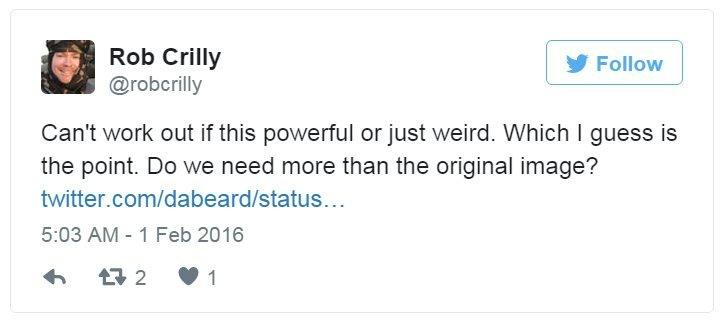
Earlier this month, Mr Ai opened a studio on Lesbos, saying he wants to raise consciousness about the plight of refugees through art.
The studio, staffed by his students from China and Germany, will produce several projects with themes related to the refugee crisis.
The island is one of the main arrival points for migrants and refugees hoping to enter the EU.
Mr Ai last week announced that he has closed his exhibition in Denmark in protest at the country's plans to confiscate asylum seekers' valuables to pay for their upkeep.
The Danish parliament voted for a bill allowing authorities to seize valuables worth more than 10,000 kroner (1,340 euros; £1,000) from refugees to cover housing and food costs.
- Published27 January 2016
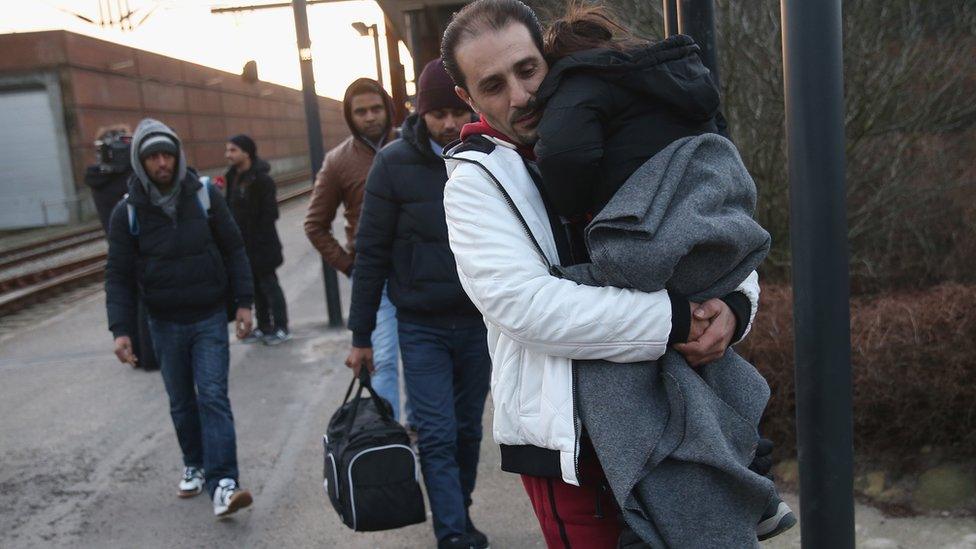
- Published4 September 2015
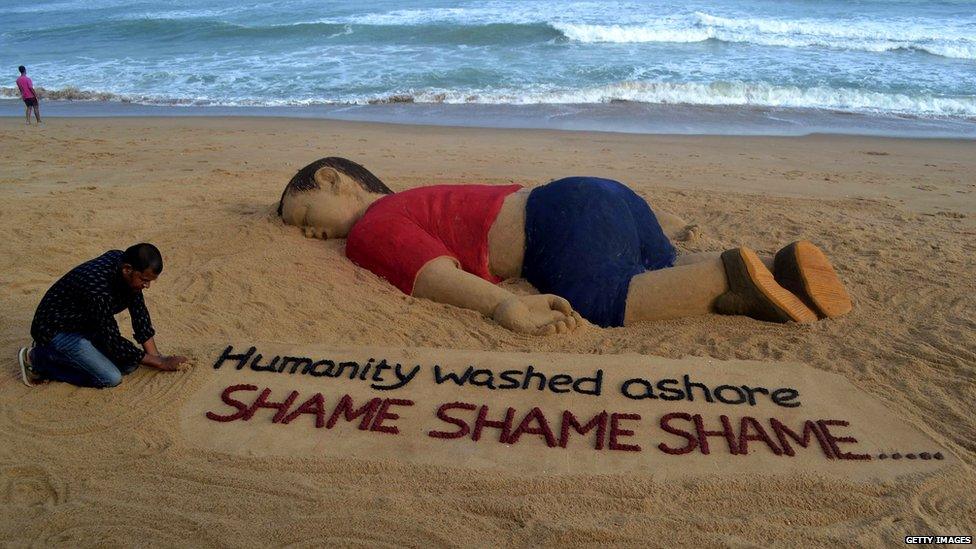
- Published4 September 2015
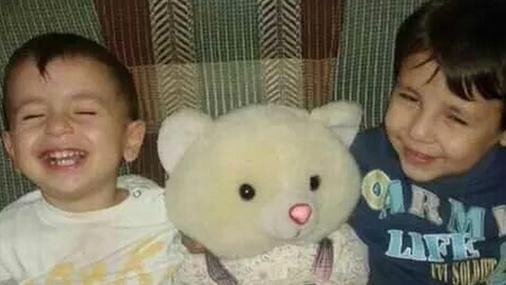
- Published15 September 2015
